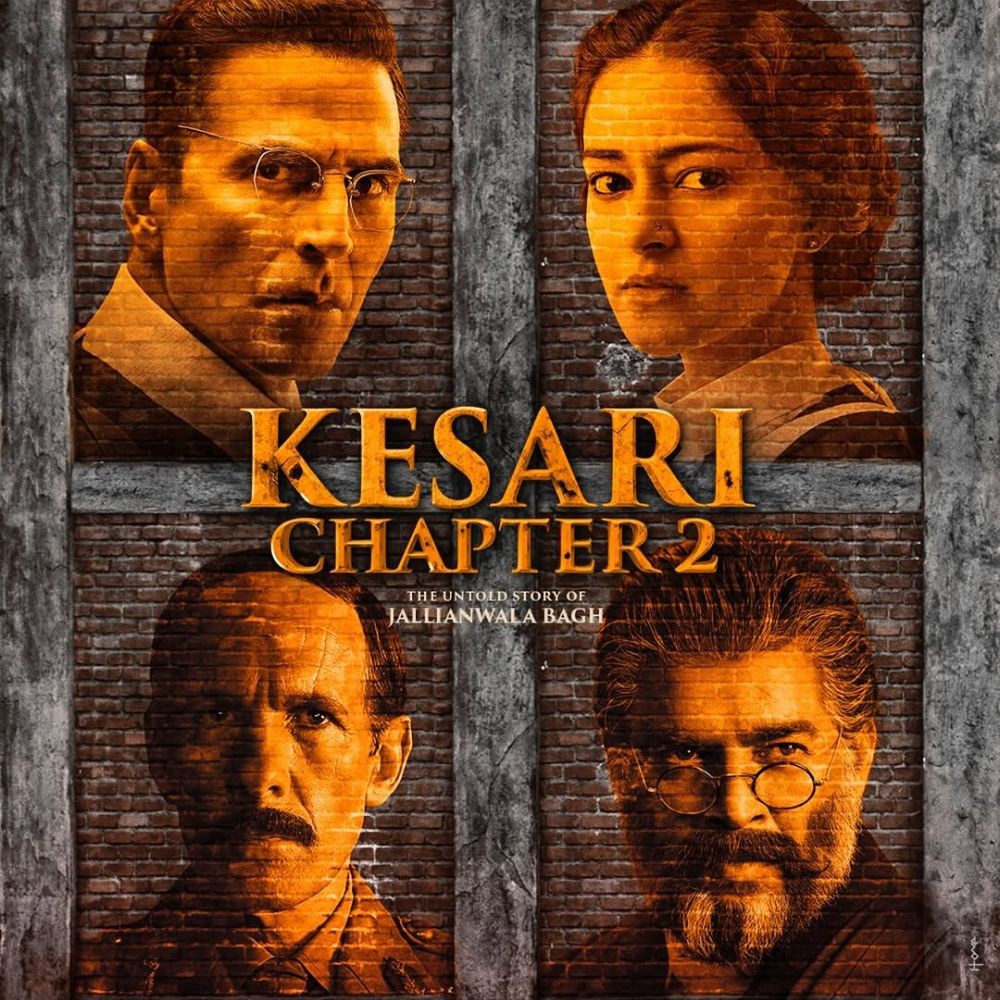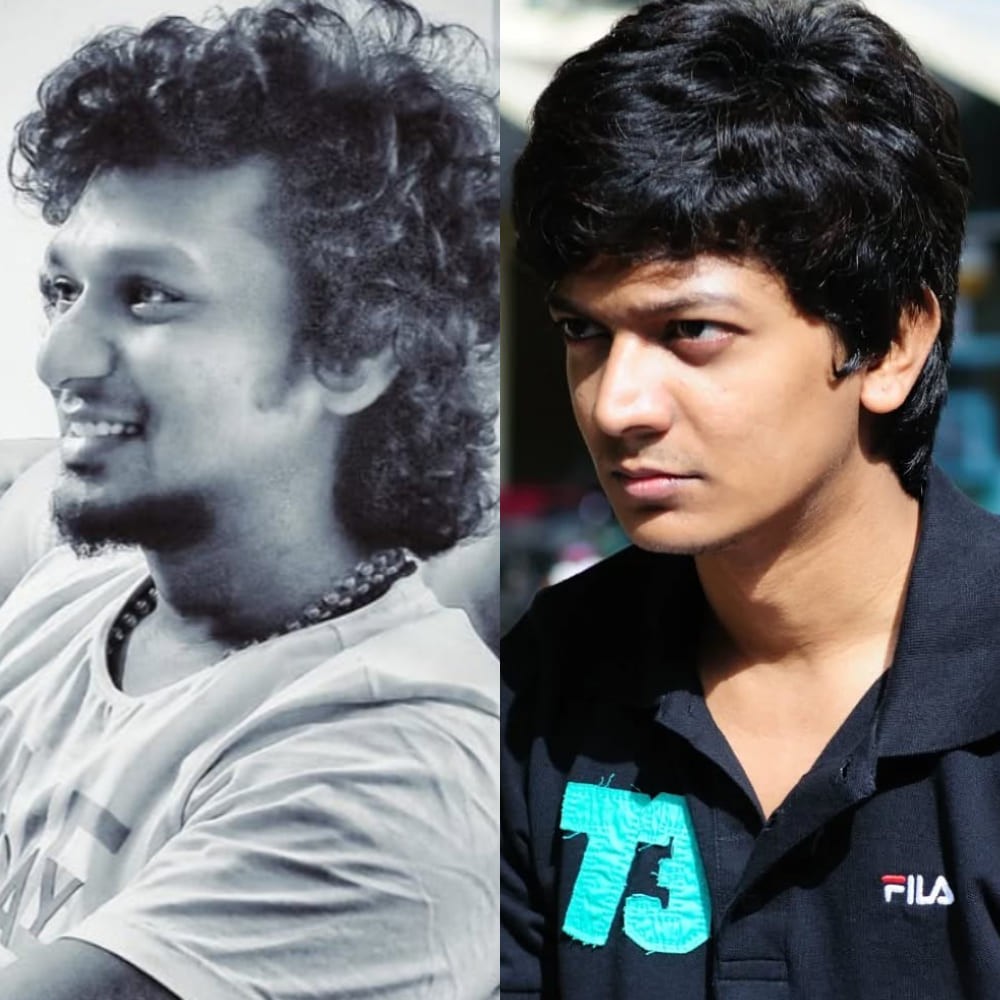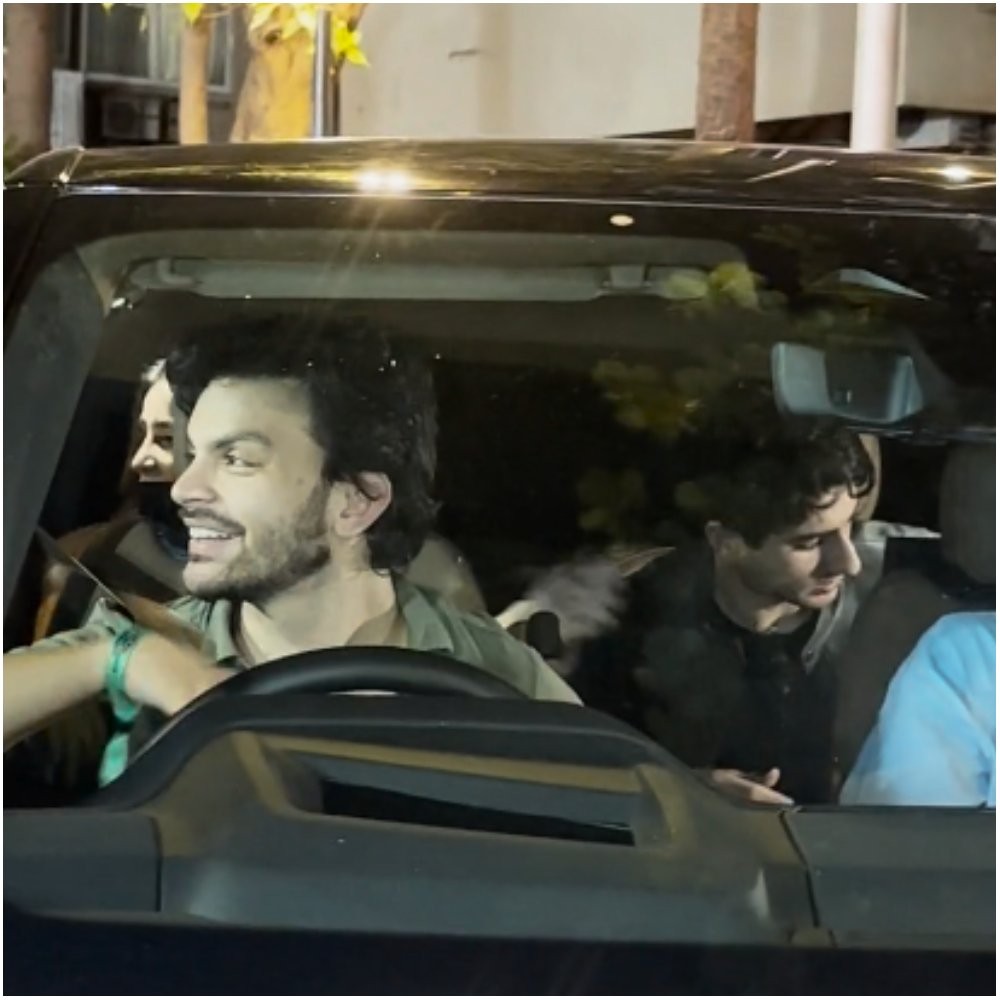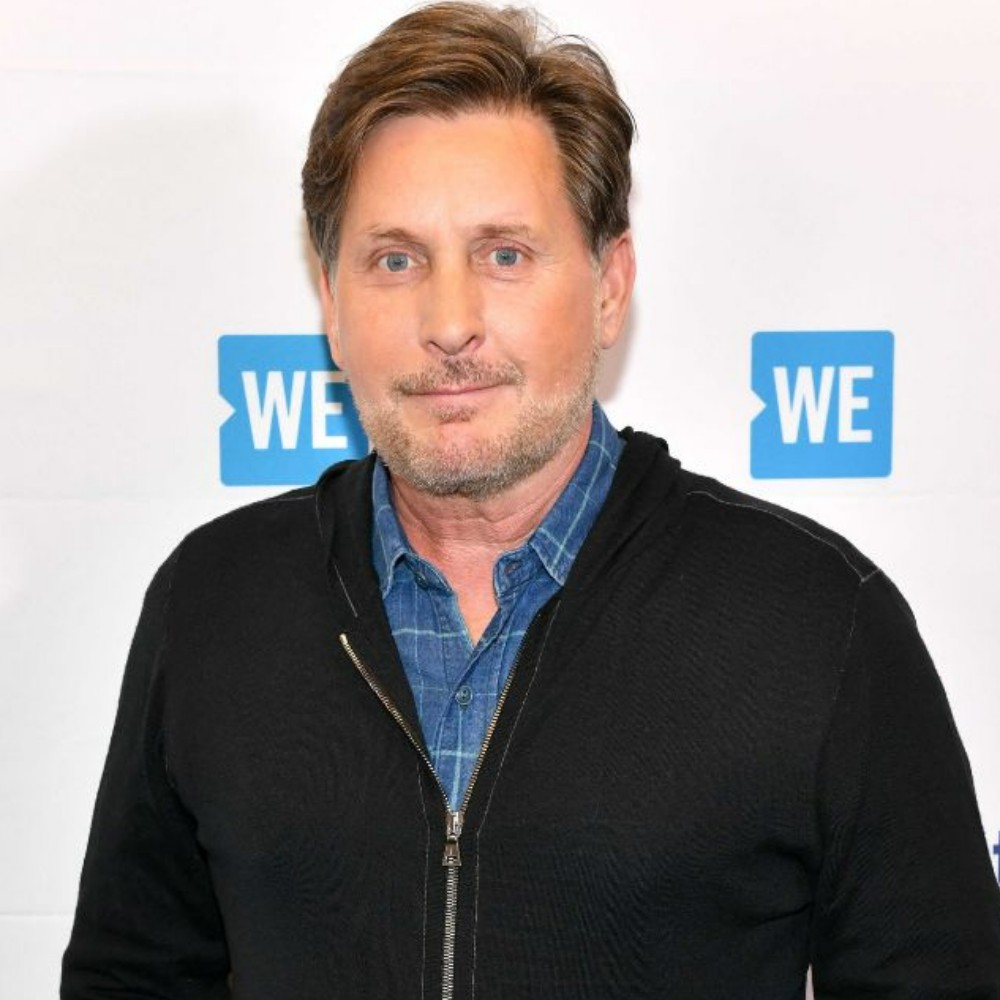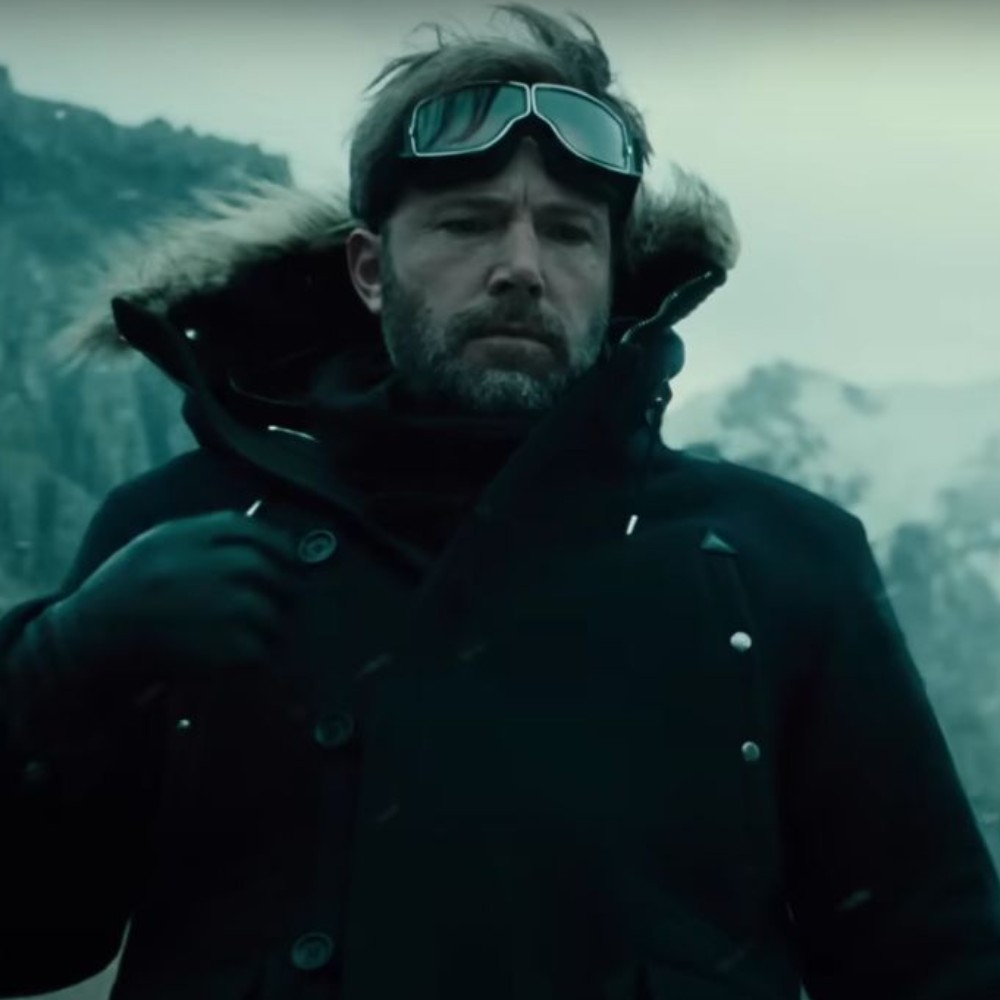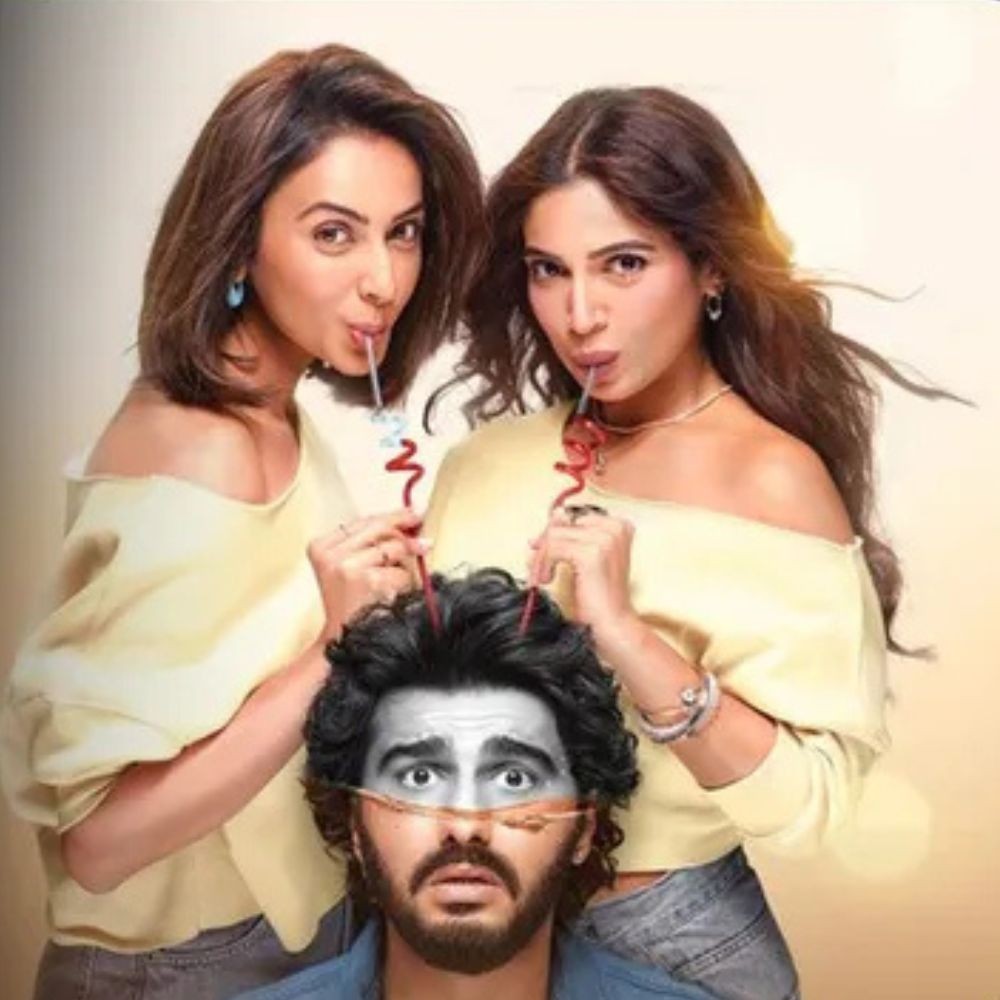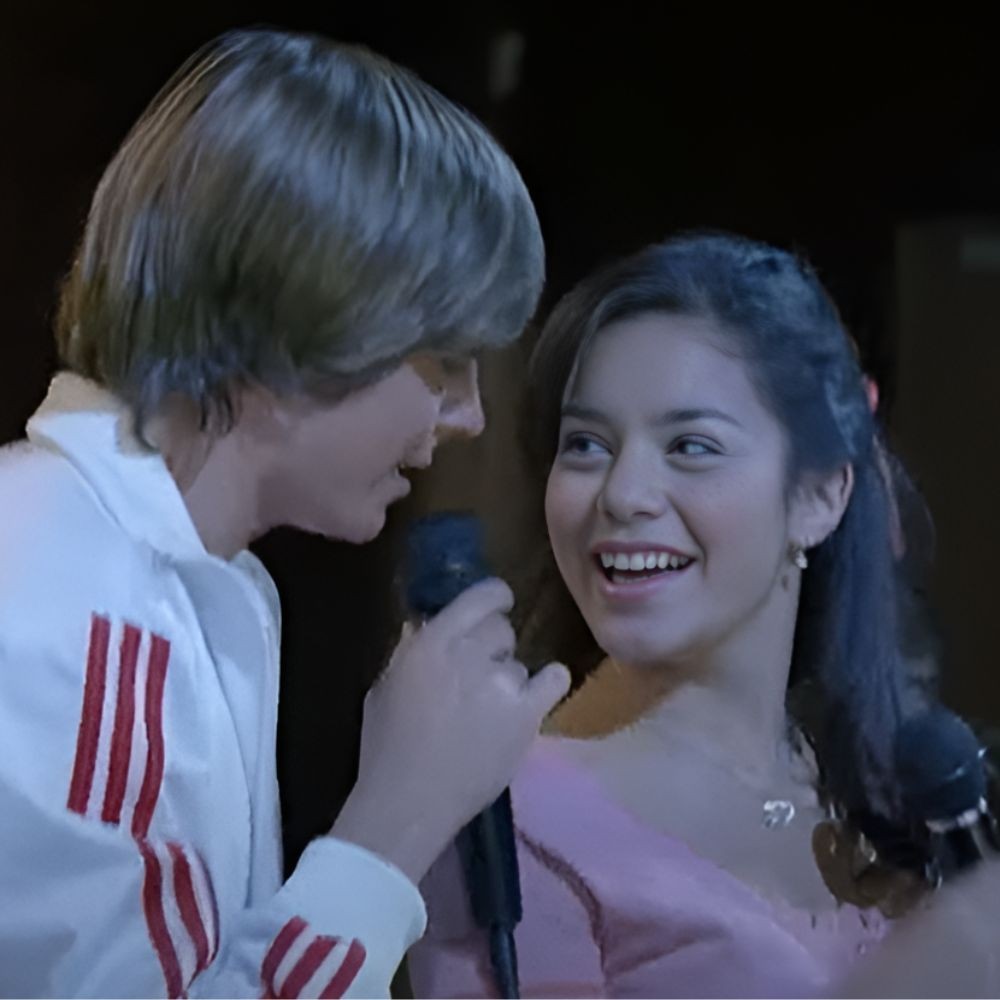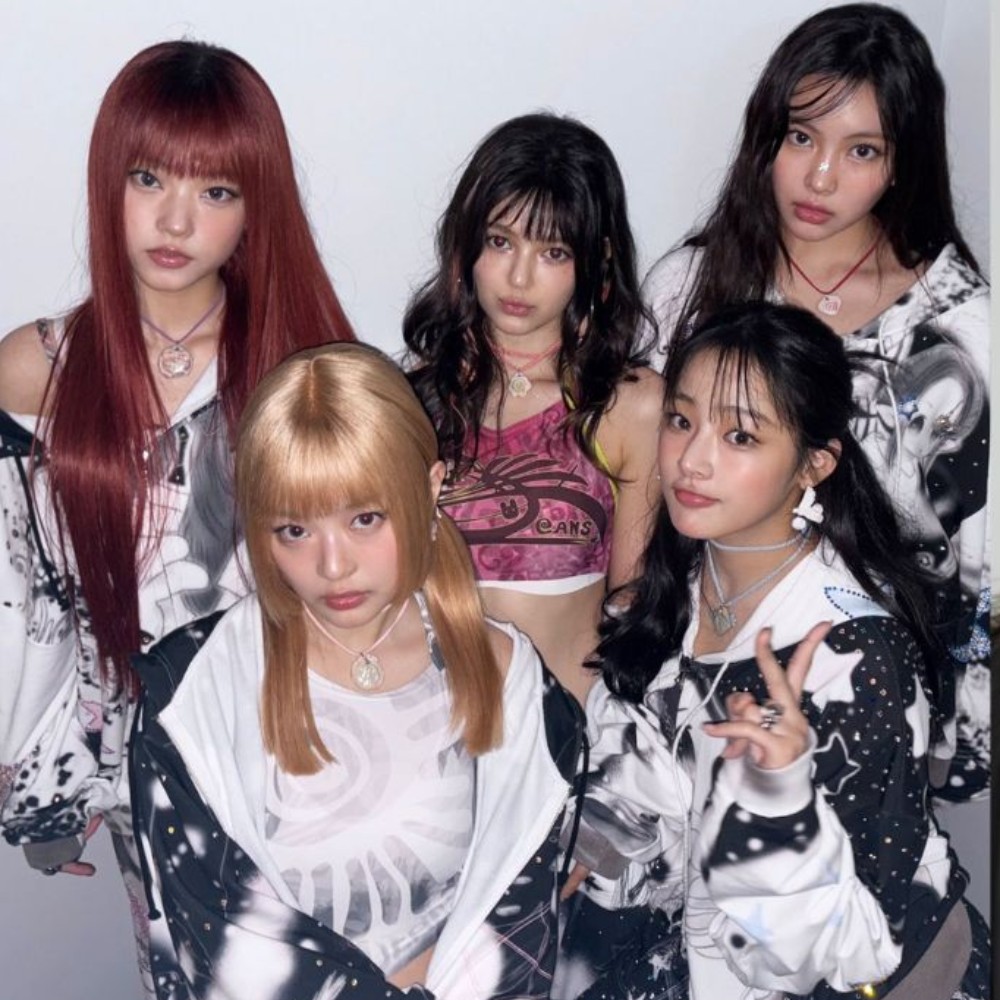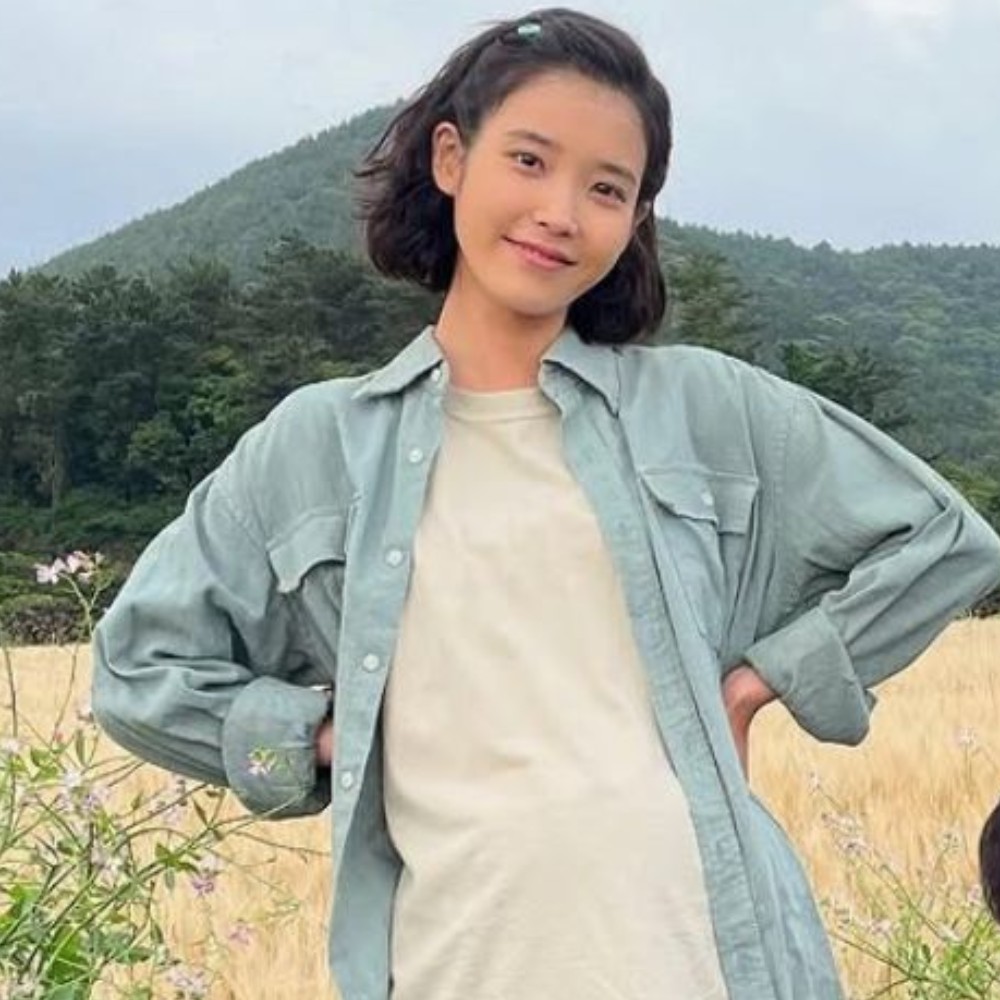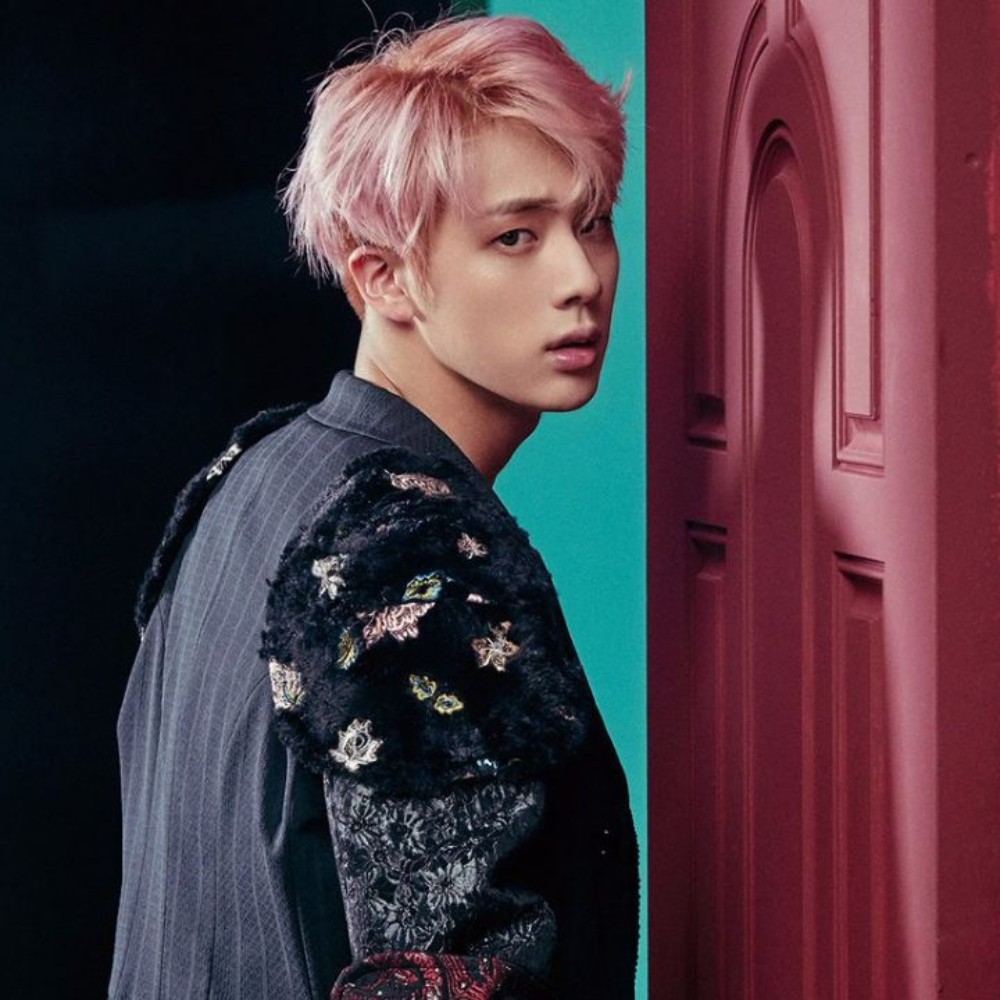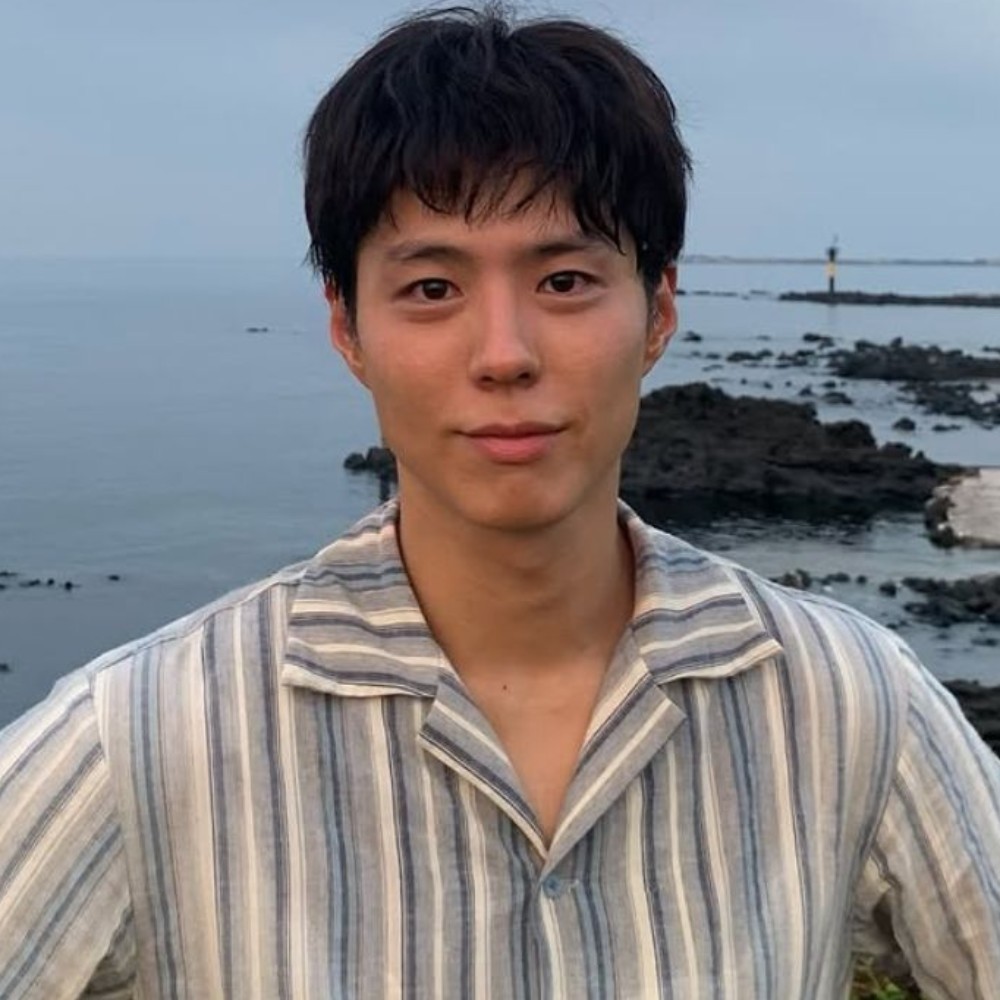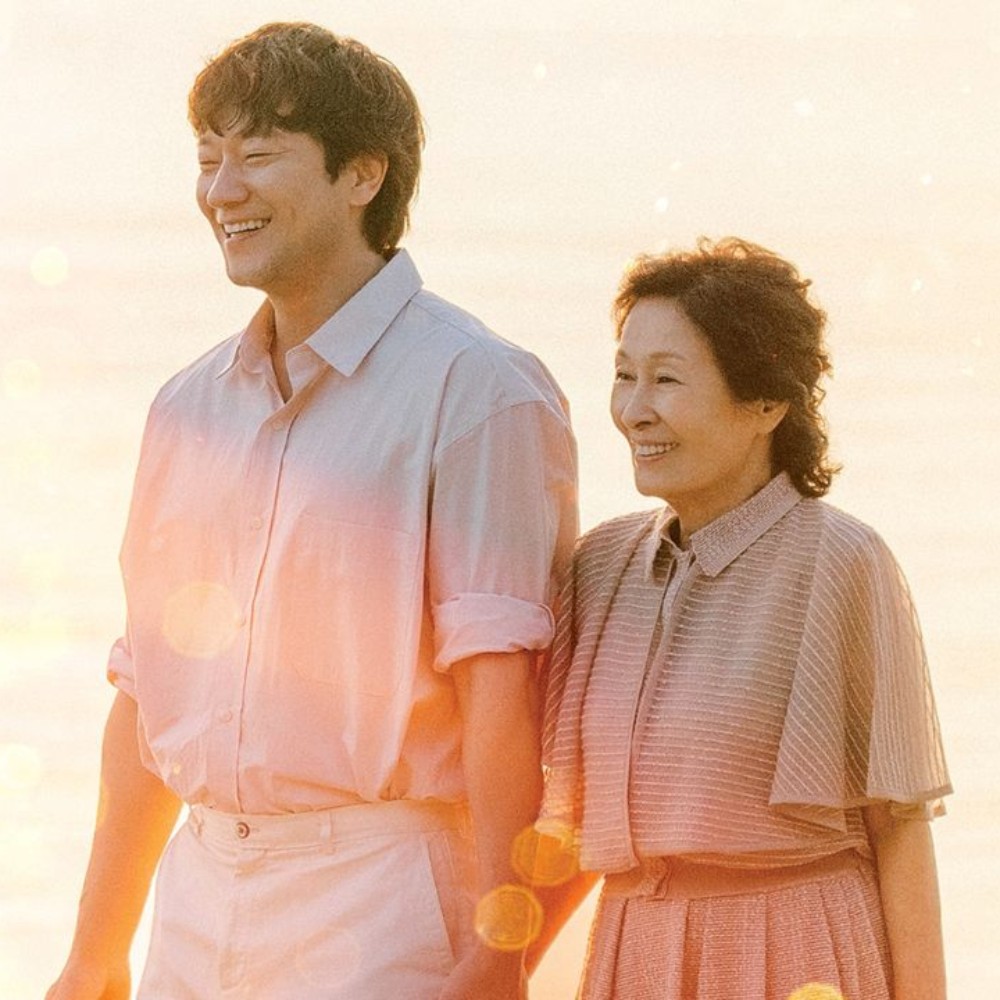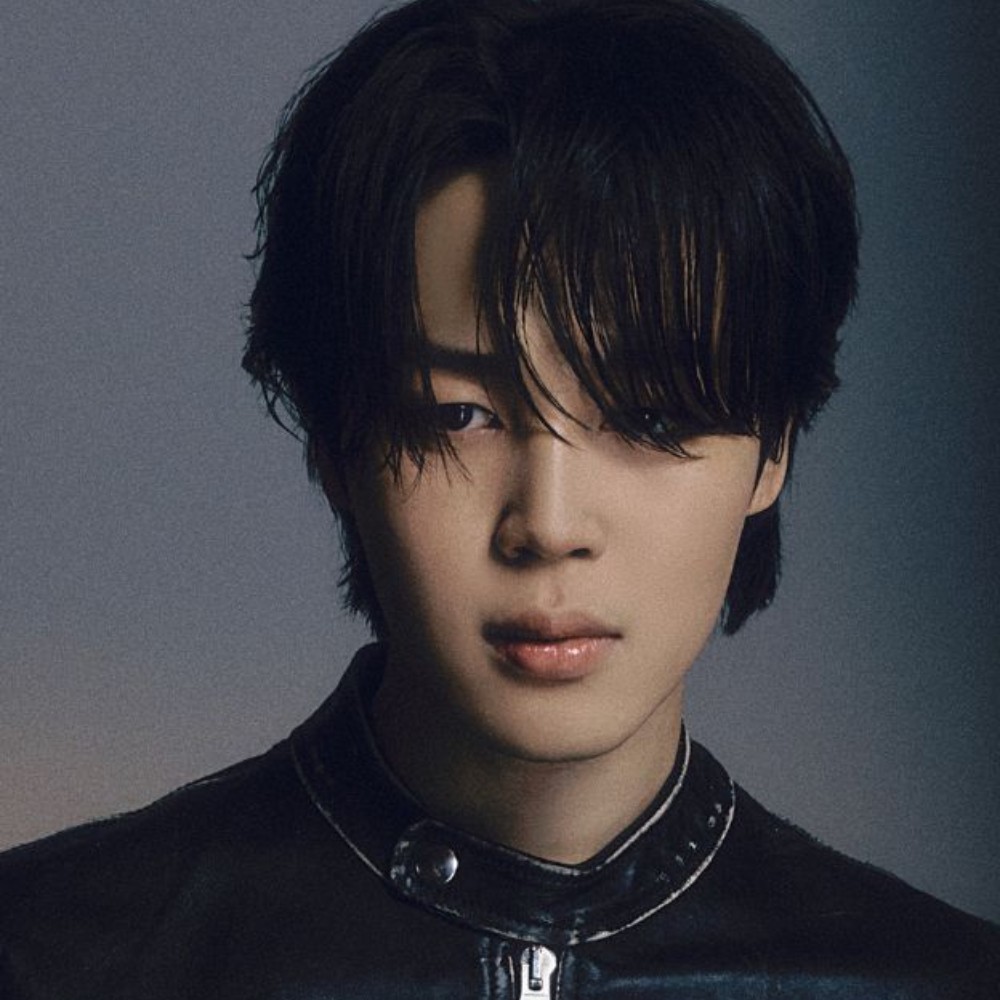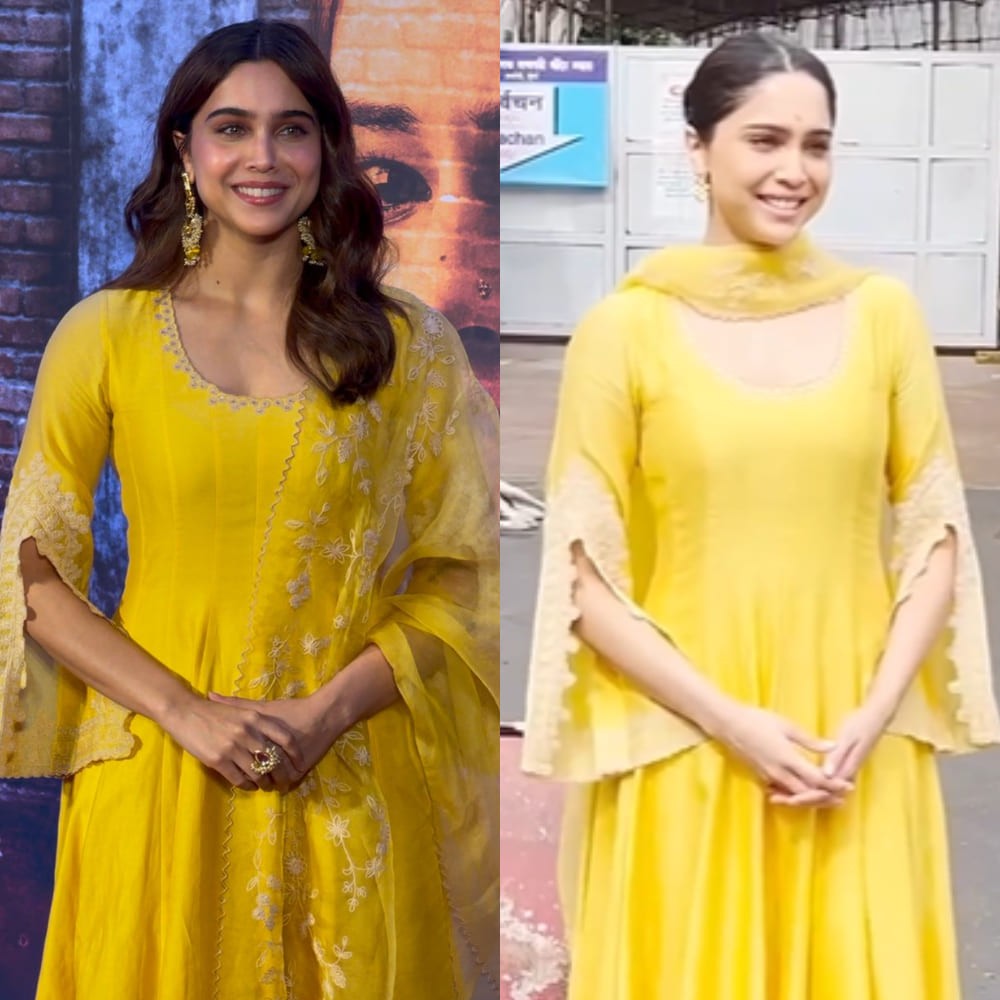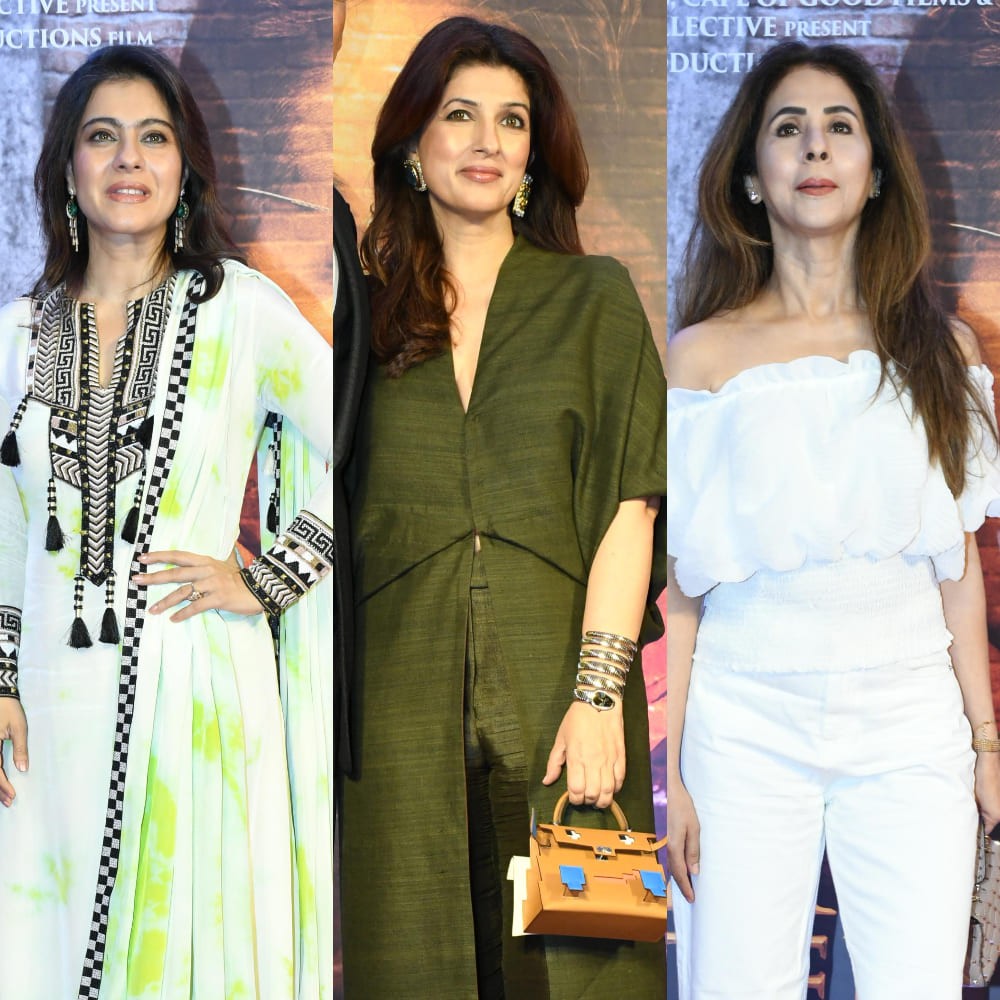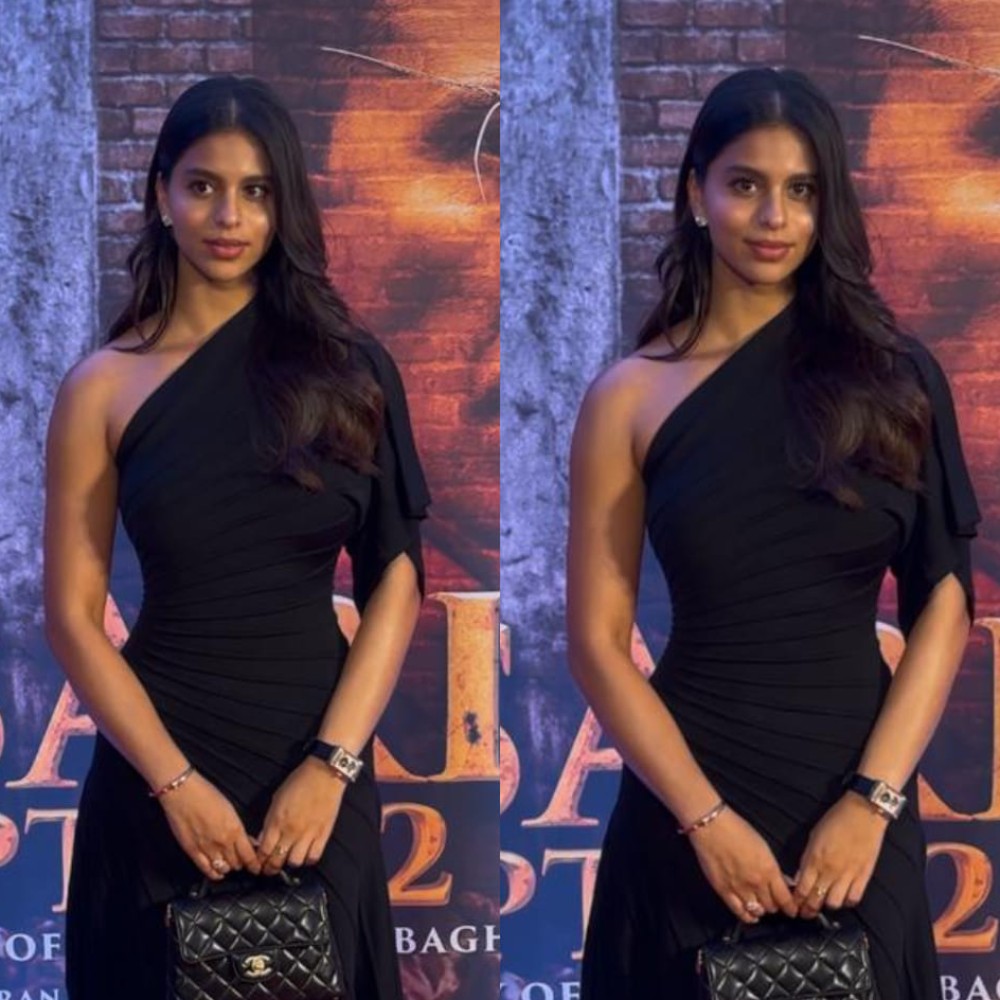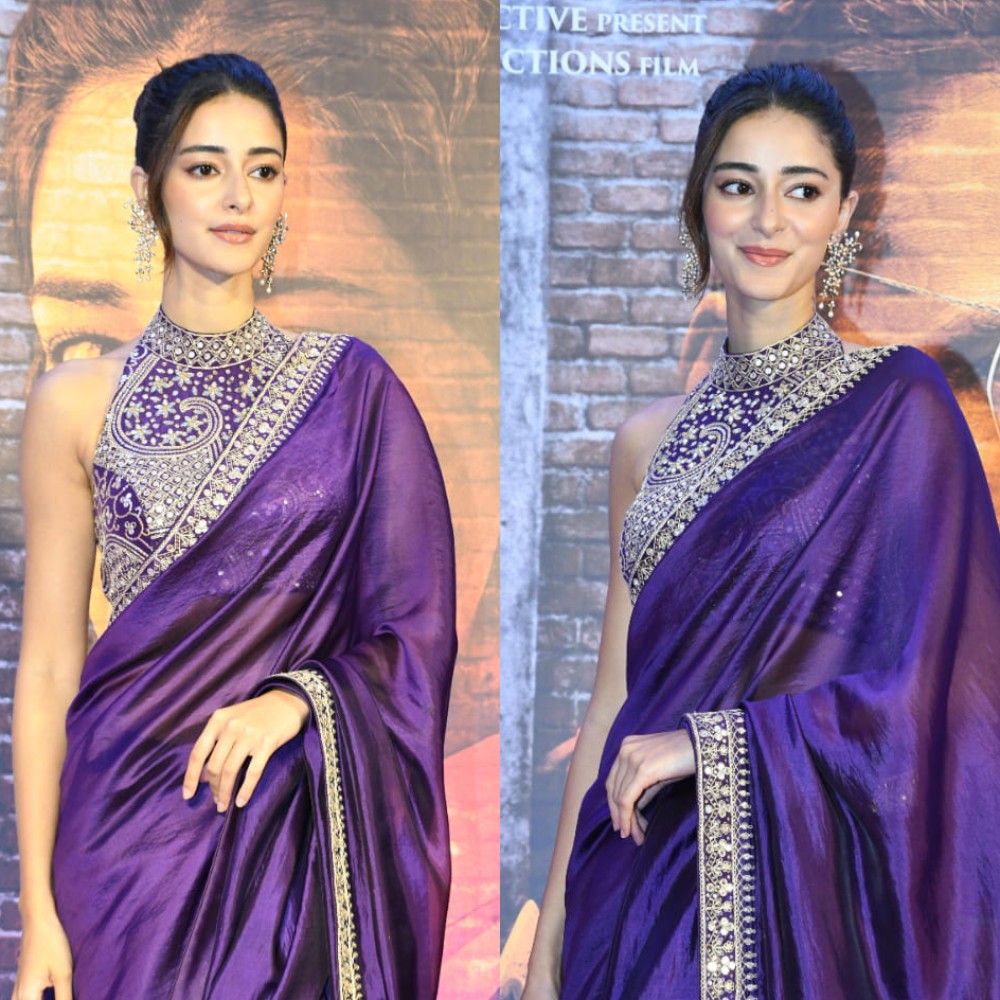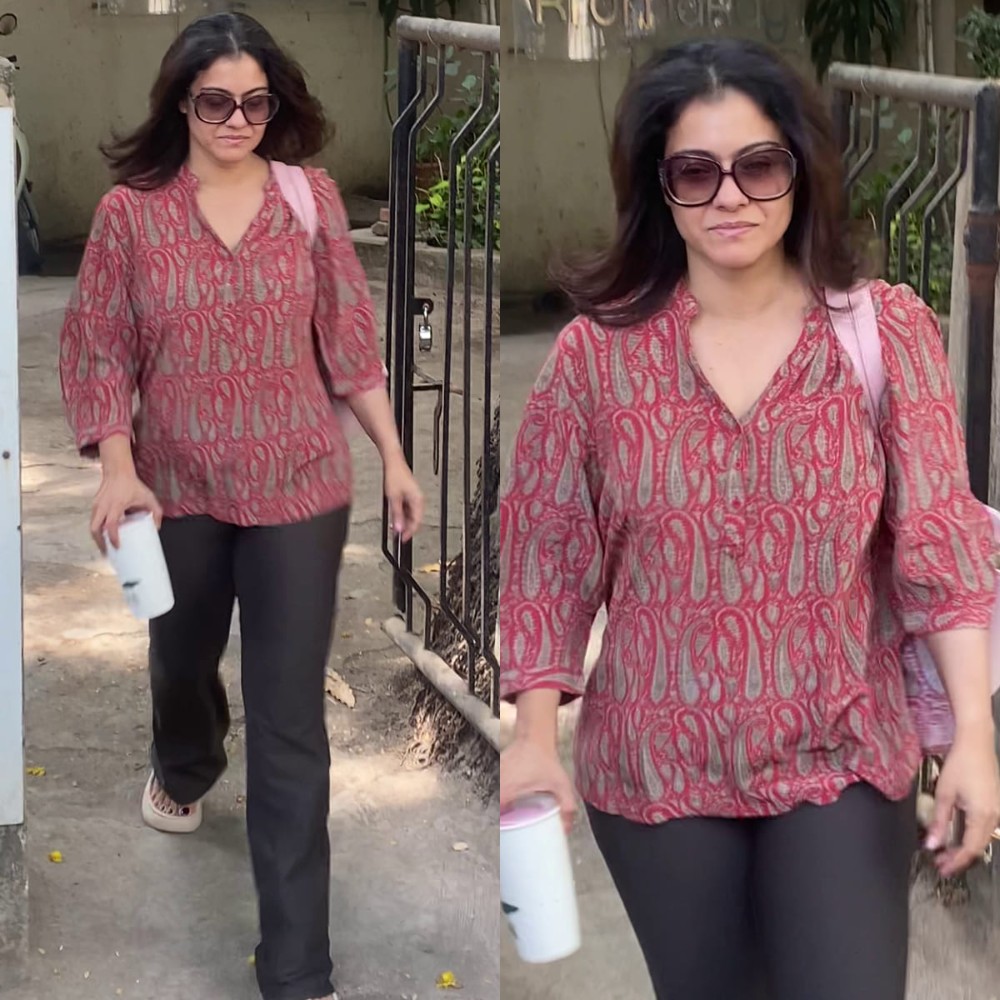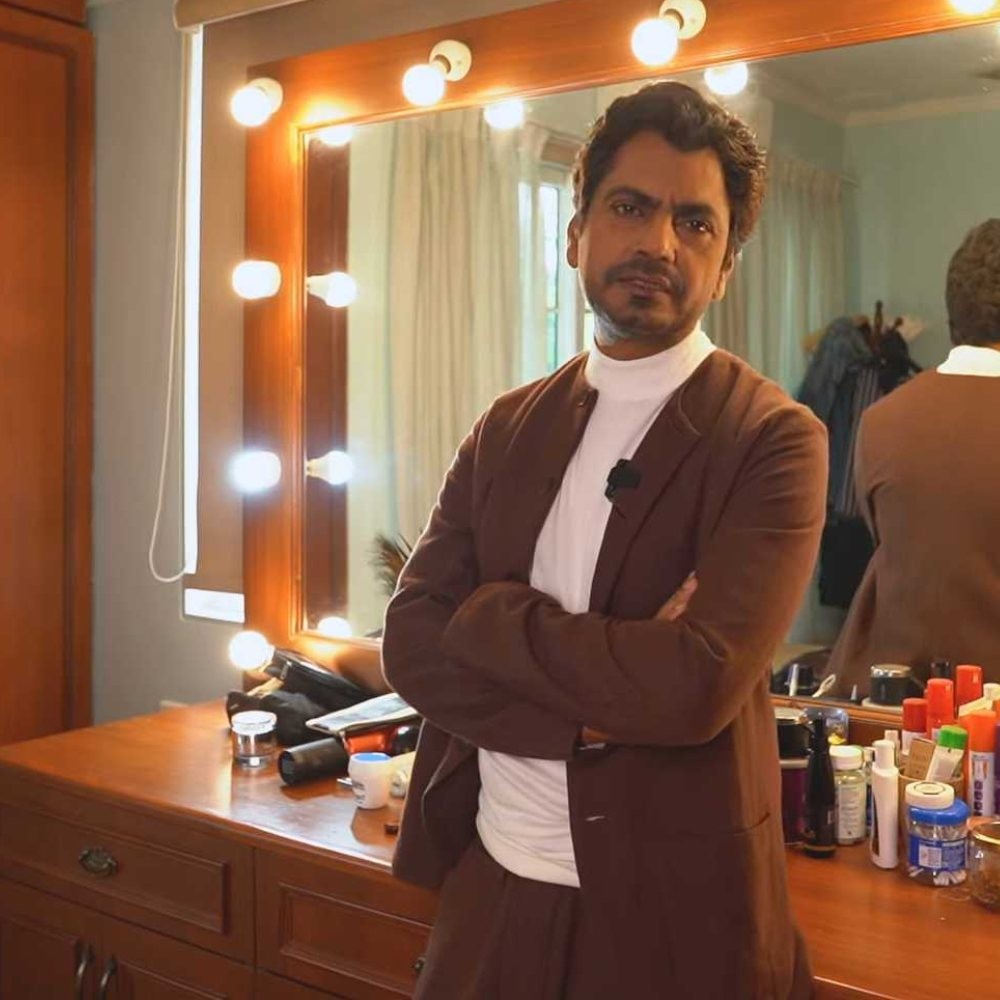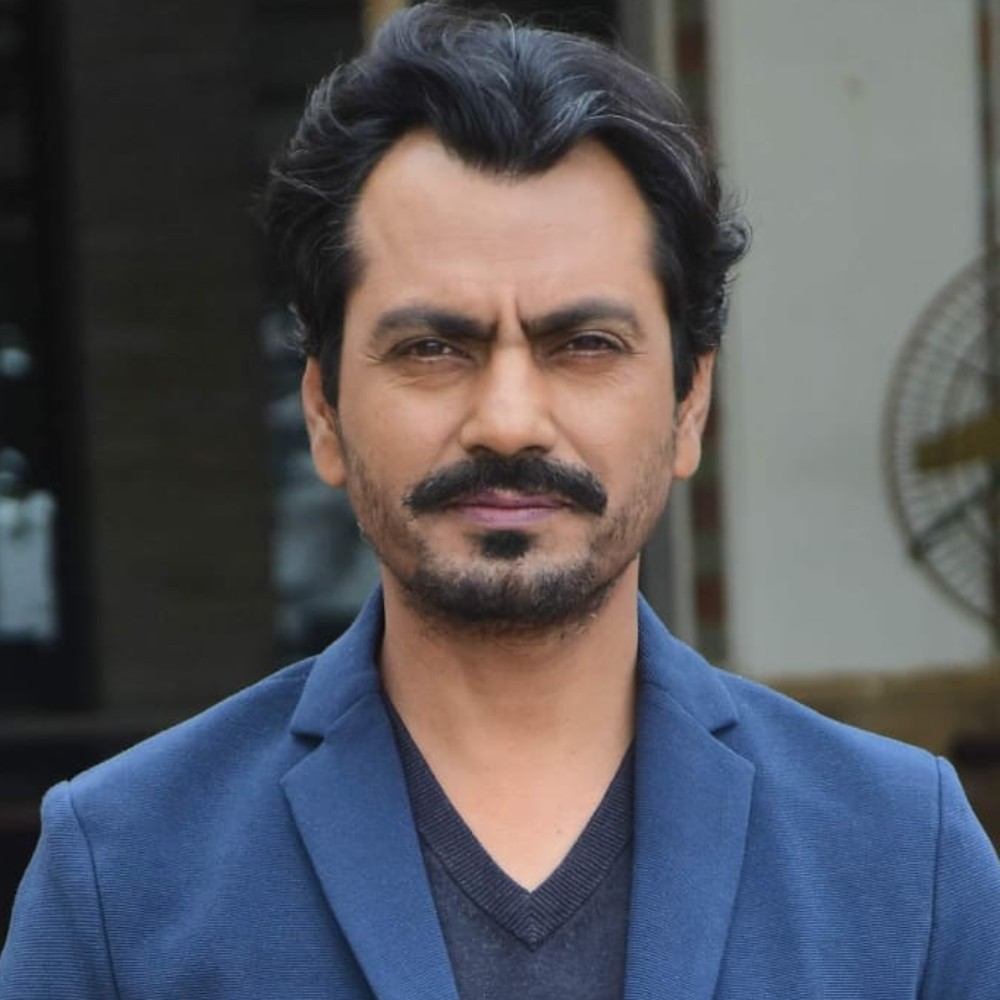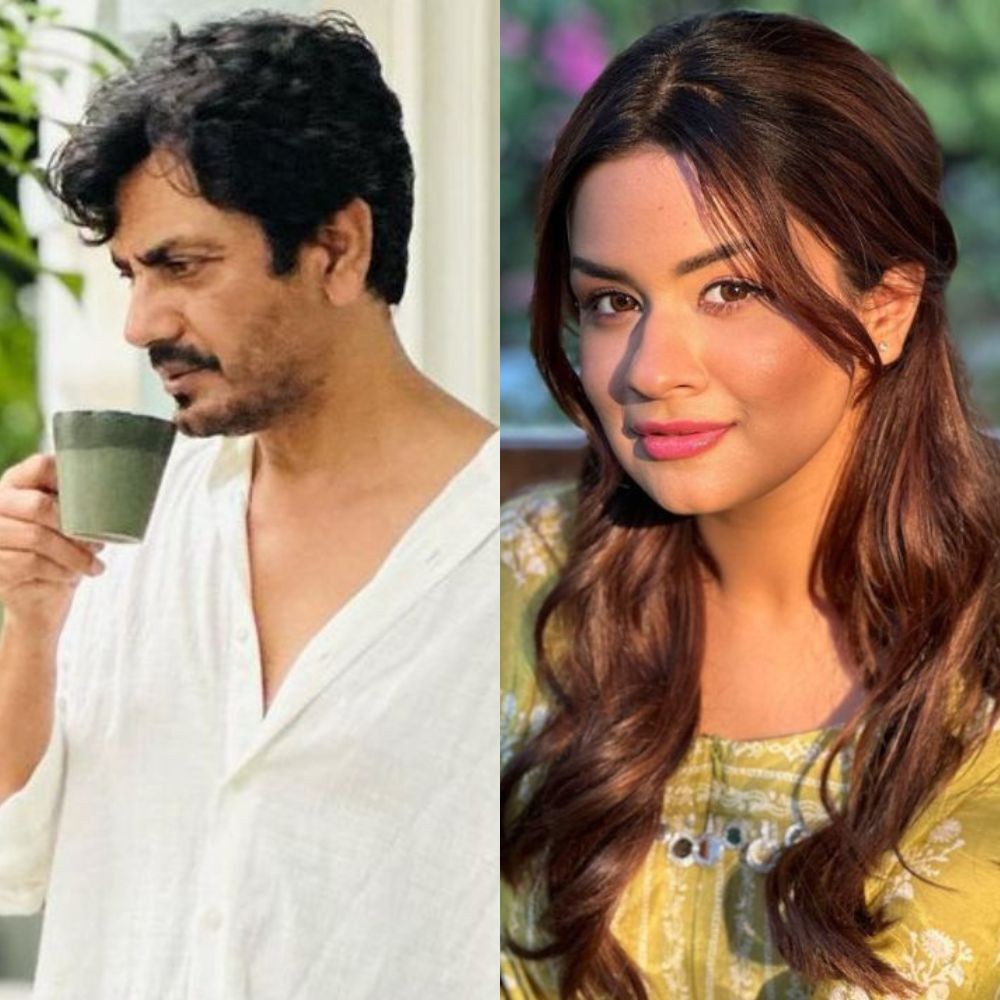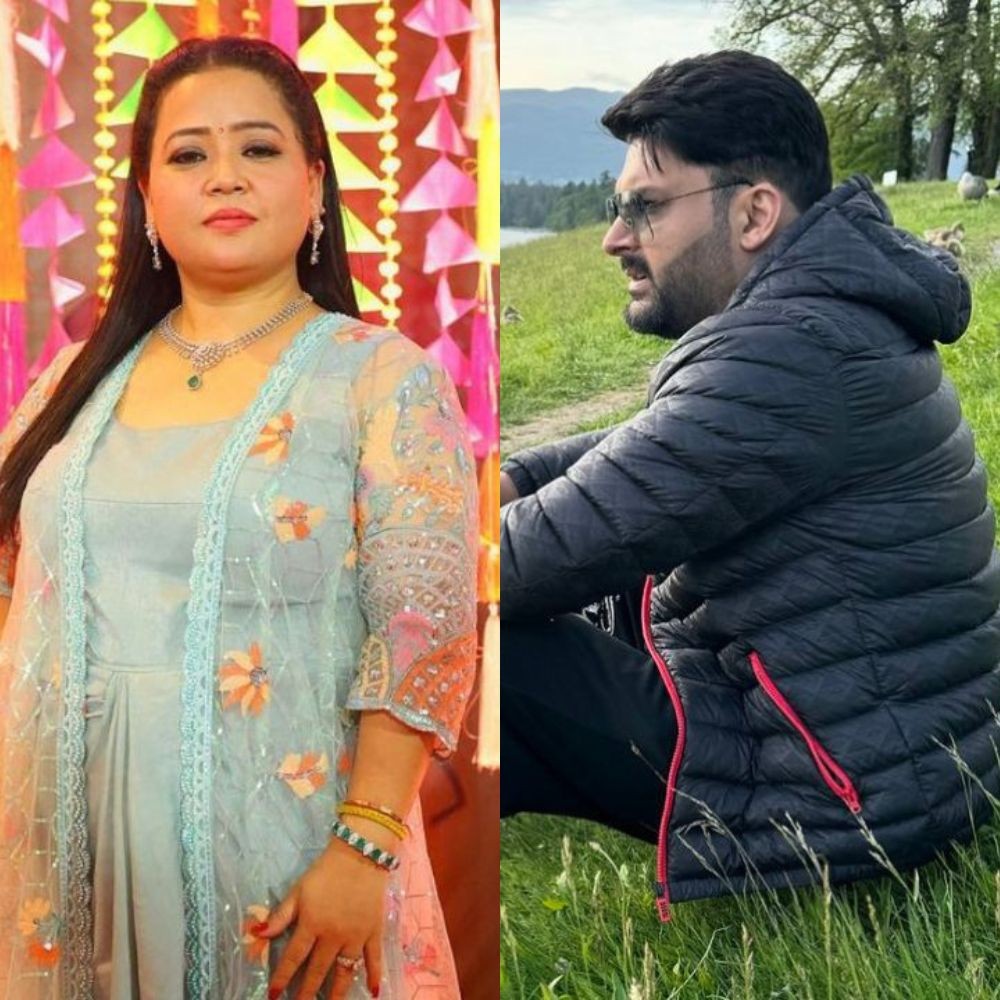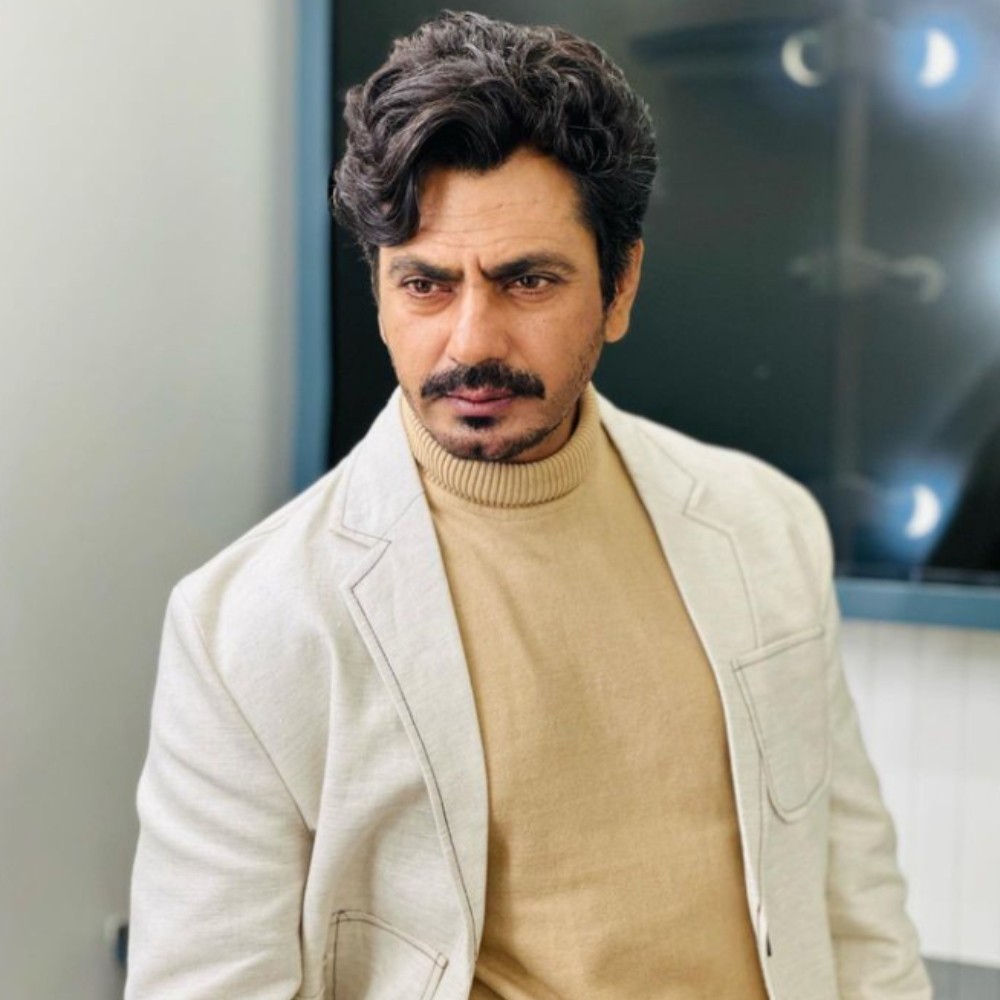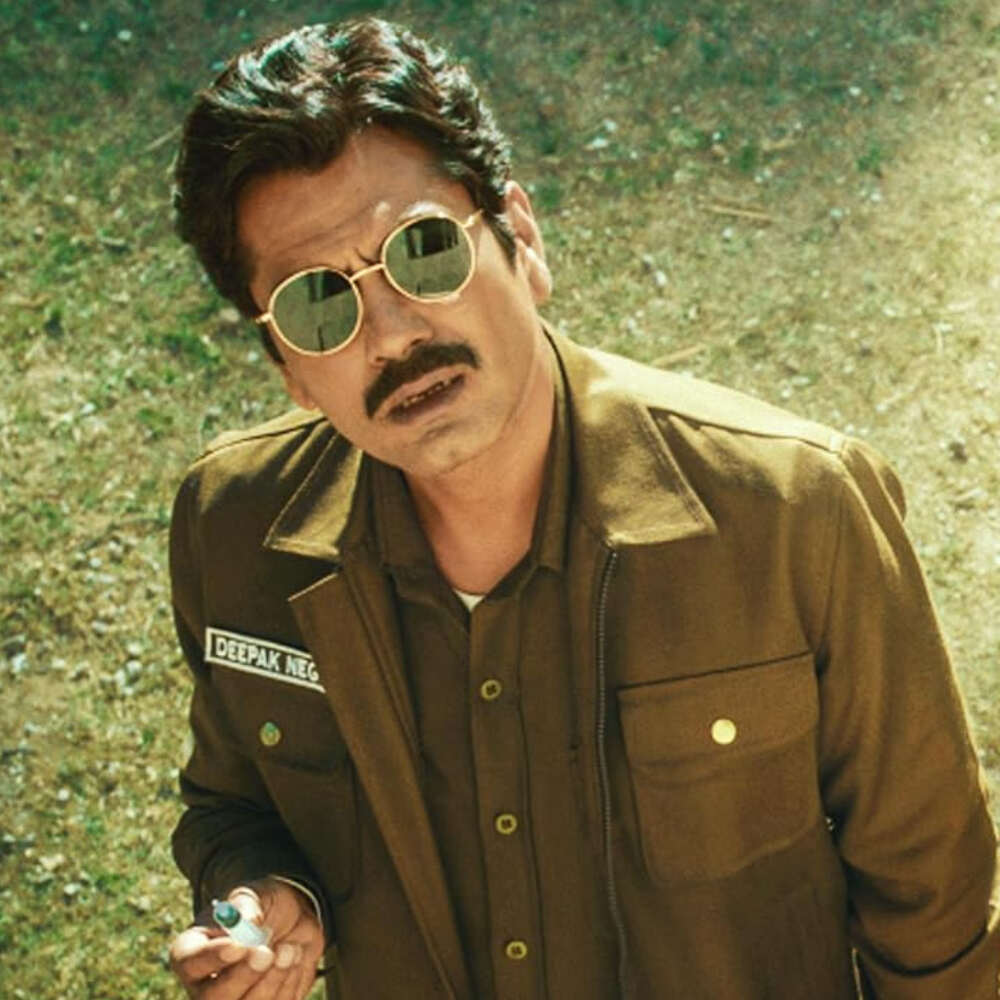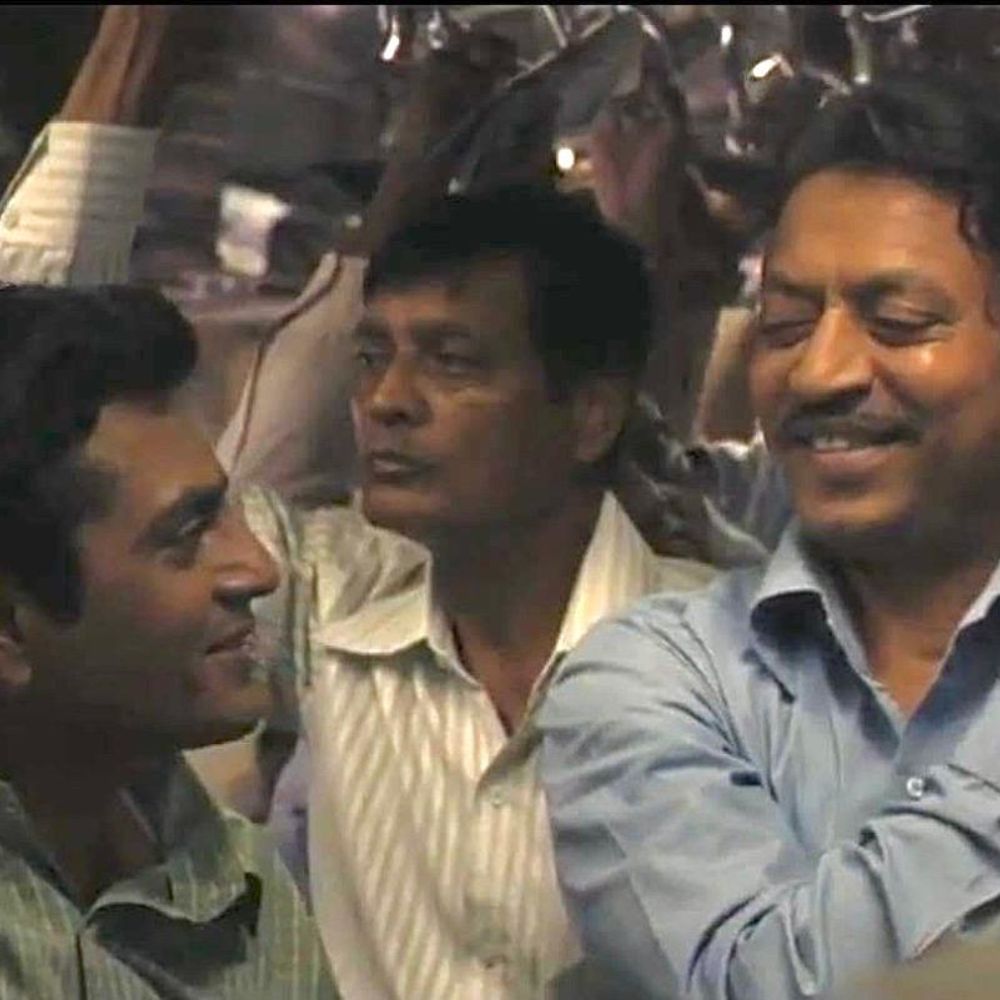10 best Manjhi dialogues that never fail to inspire us
Below is a list of some of the best Manjhi dialogues that truly inspire us. The movie, starring Nawazuddin Siddiqui and Radhika Apte, was released in 2015.
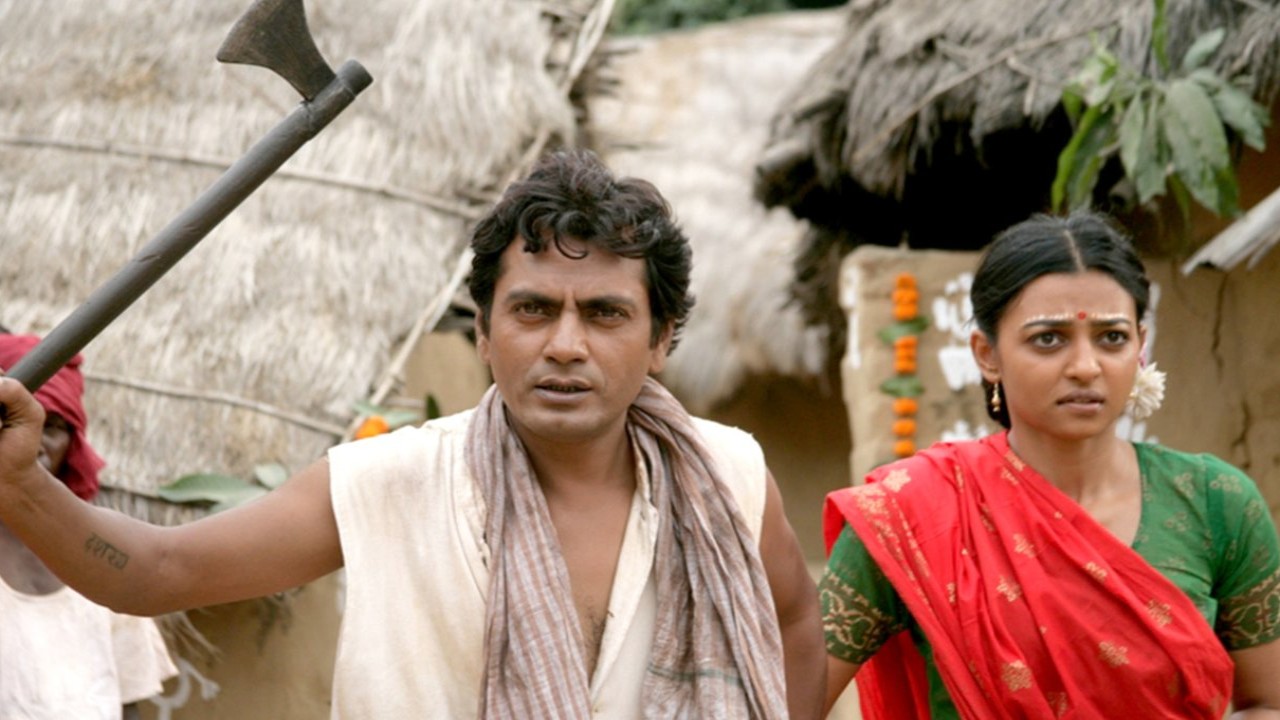
Manjhi dialogues are so relatable to our life’s several situations that they never fail to inspire us. Starring Nawazuddin Siddiqui and Radhika Apte, the film was directed by Ketan Mehta. Manjhi: The Mountain Man received huge appreciation when it was released.
Talking about the plot, it is based on the life of Dasrath Manjhi from Gehlore village in Patna. Dasrath, played by Nawazuddin, was born in a small village in Gehlore, Patna. He was married to Phaguniya (Radhika) at an early age. The fear of becoming a slave to the landlord of the village, he runs away but returns after 7 years.
After 7 years, he finally gets to meet his wife and falls in love with her. Their happy life faces an unfortunate incident when his wife falls down a cliff while carrying her lunch and dies. Hills were the biggest obstacle to reaching any basic things from the city to the village. So Dasrath decides to break the mountain with his bare hands using his basic tool. It takes him about 22 years to break the mountain and build a road through the middle of the hill so that the people of his village can easily communicate with the city for their basic needs.
The story shows his daily struggle to cut mountains and make roads. His dedication and passion towards his love became a great benefit to the village.
Here are 10 best Manjhi dialogues that empower us
1. Bohut bada hai tu? Bohut akad hai tohra mein? Bohut jor hai? Dekh, dekh kaise ukhadte haiakad teri
This is one of the most popular Manjhi: The Mountain Man dialogue starring Nawazuddin Siddiqui. The translation would be ‘How big do you think you are (to the mountain)? Is there a lot of arrogance in you? Do you have so much energy? Look, look how I uproot you.’
2. Jab tak torenege nahi, tab tak chorenege nahi
This proves how Dasrath was dedicated to work and never gave up until he reached his goal. The translation would be, ‘I will not spare you until I break you.’
3. Bohotayi lamba dangal chalega tor maa… taiyar hai?
The translation would be, ‘There will be a very long war, mother... Are you ready?’
4. Ee phaguniya hai? Ee hamar meheriya hai?
This dialogue expresses the love of Dasrath for his wife Phaguniya and the emotion in this dialogue captures our heart every time we hear it.
5. Ee Tajmal hai, Badshah ne apni Rani ke yaad mein banaya tha. Asal wala toh bohot bada hai, hamar pahad jaisa
The translation for this dialogue would be, ‘This is Tajmahal, which was built by the king in memory of his queen. The real one is very big, like a mountain.’
6. Phaguniya tu hamar jaan hain haan.. hum tumka itna chahte hai, itna chahte hai, itna chahte hai, itna chahte hai.. ka bataye kitna chahte hai, seena cheer ke dikha de Bajrang Bali jaisa?
This is one of the most famous Manjhi dialogues used by the younger generation on social media. The lines truly express the hidden love of your partner, and in the film, these lines were dictated by Dasrath to his wife, Phaguniya.
7. Log kehte hai hum pagal hai. Zindagi barbad kar raha hai. Yeh, bheetar ka ghav hai. Jab tak yeh tootega nehi, bharega nehi
The translation would be, ‘People say I am crazy and ruining my life. This is an internal wound. Unless it breaks, it won't get fixed.’
8. Itna takat kaha se late hai?/ Ee prem hai
The translation for this dialogue is, ‘Where do you get so much energy? This is called love.’
9. Bhagwan bharose maat baitho. Ka pata bhagwan hamre bharose baitha ho
This dialogue teaches us not to wait for anyone and just do our work. The translation would be ‘Don’t depend on God only, what if God is also depending on us?’
10. Prem mein bohot bal hai
The translation for this Manjhi dialogue would be ‘Love has a great power.’
The cast of Manjhi: The Mountain Man also featured Tigmanshu Dhulia, Pankaj Tripathi, Varadraj Swami, and others. The film is directed by Ketan Mehta and jointly produced by Viacom 18 Motion Pictures and NFDC India.
Speaking more about the story of the film, in the 1960s, Dashrath Manjhi (Nawazuddin Siddiqui) lived in a small village, Gehlaur, near Gaya, Bihar, India, with his family, including his wife Phaguniya Devi (Radhika Apte) and his son.
Near his village was a rocky mountain that people had to either cross or travel to the nearby town of Wazirganj to seek medical care. One day, Phaguniya, who was pregnant) fell while trying to cross a mountain and eventually died giving birth to a daughter, then Manjhi decided to carve a road through it. When he starts hammering the hill, people call him crazy, but this only strengthens his resolve. After 22 years of back-breaking toil, Manjhi built a path 360 feet long, 25 feet deep, and 30 feet wide in places.
ALSO READ: 11 best Rekha movies that prove she will always be timeless





 JOIN OUR WHATSAPP CHANNEL
JOIN OUR WHATSAPP CHANNEL
